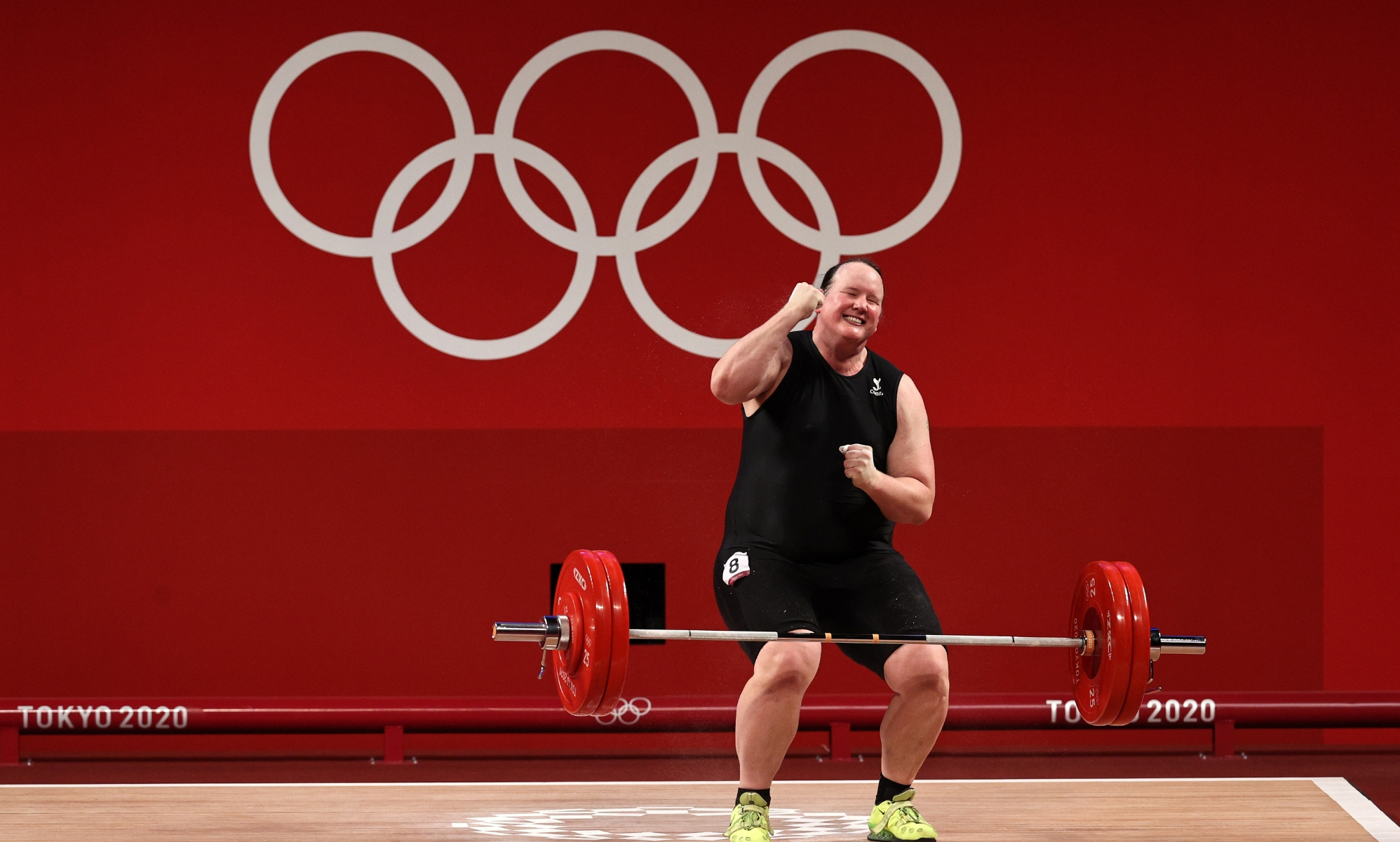
Weightlifter Laurel Hubbard was the first openly trans athlete to compete at the Olympic Games.
Are transgender athletes allowed in the Olympics? With Paris 2024 soon approaching, many people have been asking that question.
Unfortunately, recent years have seen transgender athletes competing in sporting events face increasingly extreme restrictions.
While transgender athletes are technically allowed in the Olympics, they’re not exactly given a warm welcome given the increasingly demanding requirements placed on them.
Ahead of the Paris 2024 Olympic games, the topic of trans athletes’ participation is once again being raised. The forthcoming Olympic games are set to introduce further restrictions to previous editions.
Can trans athletes compete at the Olympics?
Taking place in Paris this July and August, the 2024 Olympics includes a new requirement that athletes must have completed their transition before the age of 12 to compete.
The International Olympic Committee (IOC) has suggested that transitioning after the age of 12 could give an advantage to athletes over their cisgender competitors.
There are examples of transgender athletes at the Olympics. At the Tokyo 2020 Olympics, New Zealand weightlifter Laurel Hubbard made history as the first openly trans athlete to compete at the Olympic Games.
Now, athletes like Hubbard who have previously represented their nation at the Olympics will not be eligible for the Paris 2024 Games.
Previously, the IOC had guidelines in place that allowed trans women athletes to compete if their testosterone levels were below 10 nanomoles per litre a year before competing.
However, this rule led to even cisgender women being banned from female sporting events because of naturally high testosterone levels.
Various further bans have also been enacted against trans athletes recently in a number of sporting groups.

Are there restrictions on trans people in professional sports?
Last March, the governing body of athletics (World Athletics Council) banned women from competing in elite female competitions if they have gone through male puberty.
At the time, World Athletics president Sebastian Coe said the tightening restrictions to exclude transgender women was due to the “overarching need to protect the female category.”
The decision was enacted on 31 March, Transgender Day of Visibility.
Unfortunately, similar attitudes were then adopted by World Aquatics in its ‘Gender Inclusion Policy’.
The governing body voted to bar trans women from competing in women’s swimming events if they had gone through any part of puberty.
Swimmer Lia Thomas has now filed a legal dispute against World Aquatics’ anti-trans policies, citing a number of decisions from the governing body disqualifying most trans women and intersex athletes from international events.
The International Cycling Union (UCI) has also introduced bans on trans women participating if they have reached puberty before transitioning.
Such restrictions are introduced with the attempted justification of ‘safeguarding’ women’s sport.
These trans bans have reached every corner of the sporting world: professional golfer Hailey Davidson was pushed into testosterone testing to verify her eligibility after she won a women’s pro tournament in Florida.
How did this story make you feel?
Sending reaction…
Thanks for your feedback!



